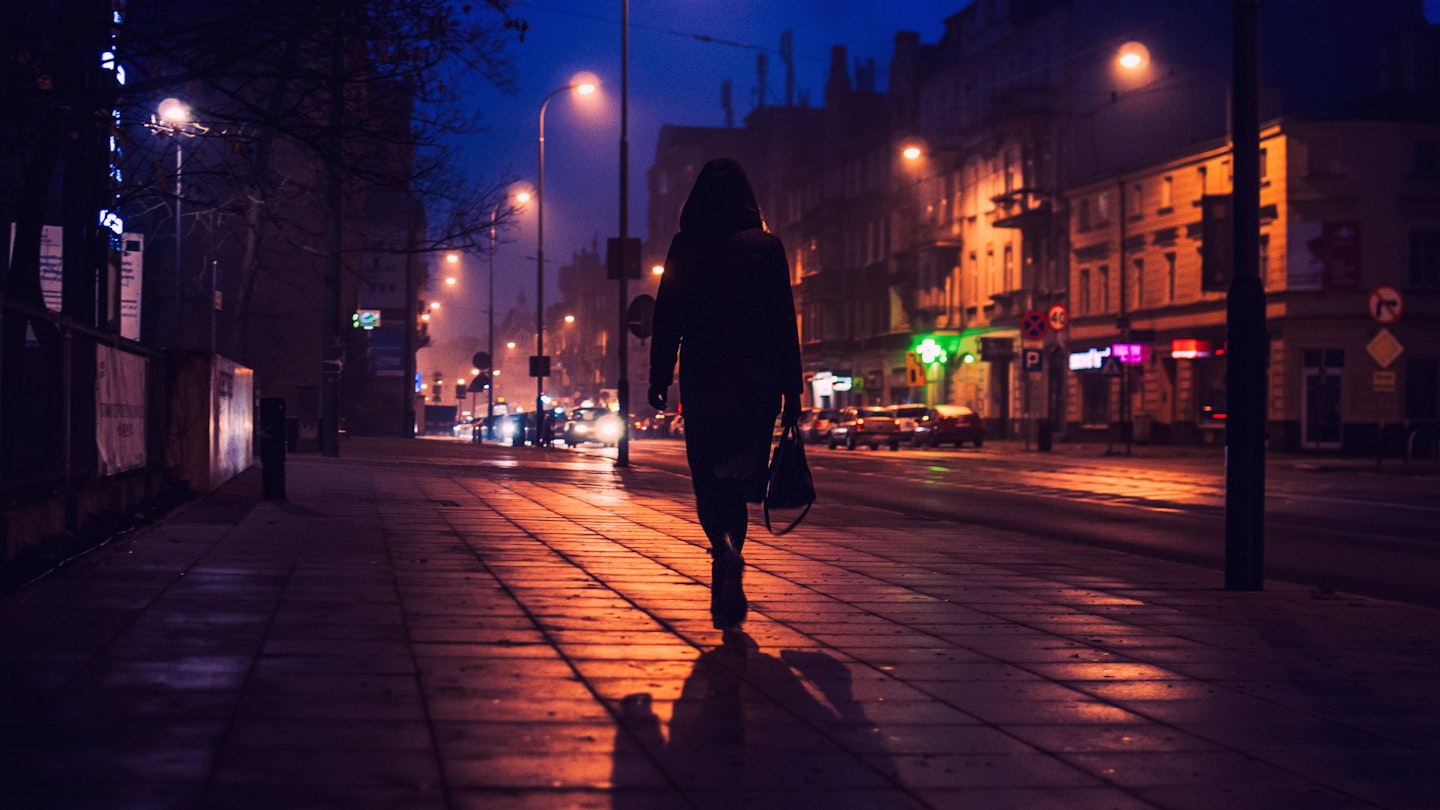‘Have you been catcalled way more recently?’ a friend asked me on the phone last night. ‘I feel like these men are on a rampage or something, it’s happening almost every time I’m going out.’
The word ‘rampage’ stuck with me after the call, because it’s the very word I used at the beginning of lockdown when speculating about how the lack of social norms might cause the very harassment now happening to my friend. Street harassment already impacts 75% of women in the UK, and yet in lockdown not only have incidents gone up, but they’ve become more severe.
‘We have definitely seen an increase in both the number of reported incidents of street harassment during lockdown and the severity of the incidents,’ says Laura Bates, founder of Everyday Sexism. ‘We have seen more reports of aggressive verbal sexual harassment, of women being followed, chased, stalked, physically or sexually assaulted. We've also seen women reporting racialised harassment with Asian women in particular receiving both sexist and racist abuse often referencing the virus.’
The terrifying rise in harassment is having a huge impact on women, many of whom are already nervous about leaving the house given the fact we’re still living through a global pandemic. Some, according to Bates, are now not leaving the house at all.
‘Many women have reported noticing a real increase in their experiences of harassment during this time and some have said it has made them feel even more vulnerable and in some cases avoid going out at all,’ she explains. ‘Some have been harassed while out with young children, others have even been harassed in their own front gardens.’
But why has lockdown seemingly amplified this crime so much? According to Bates, it’s less about people’s social norms having been locked in the house for months and a lot more to do with the lack of witnesses outside these days.
‘There are several factors about lockdown that exacerbate the problem,’ Bates says. ‘Streets are unusually quiet and a lack of witnesses emboldens perpetrators. Women are being encouraged to take less travelled routes they might usually avoid in order to observe social distancing and there are fewer places to turn for refuge as many shops and other businesses are closed.’
So how should this be tackled? Lockdown guidelines may be easing slightly, but with so little known about Covid-19 and potential second waves, it seems futile to rely on circumstance to combat such a pervasive problem.
Women are being told there are more important things to worry about during lockdown.
‘I think there are a number of factors to tackling it, some of them related to the current situation and others more long-term,’ Bates explains. ‘As has always been the case, street harassment tends not to be taken seriously and those who report it are often mocked or dismissed. This is particularly the case at the moment, with women being told there are more important things to worry about during lockdown.
‘But if their lives are being disrupted, they feel unable to take their children out to exercise, they are afraid to shop, they are being followed and assaulted, these are real issues and they matter: sexual abuse is a pre-existing pandemic. So the first thing is to acknowledge the problem and take it seriously.’
‘The second is longer-term,’ Bates continues. ‘We need to tackle the normalised attitudes and behaviours in our society that embolden this kind of behaviour and portray it as the norm. We need to see perpetrators punished where they are breaking the law - calls to record misogyny as a hate crime would help with this, though they have been largely mocked and dismissed by both the mainstream media and the police. And as always, education from a young age would help to denormalise this behaviour and to change things for the next generation.’
Read More:
What About All The Industries Where Sexual Harassment Still Isn’t Being Widely Reported?
